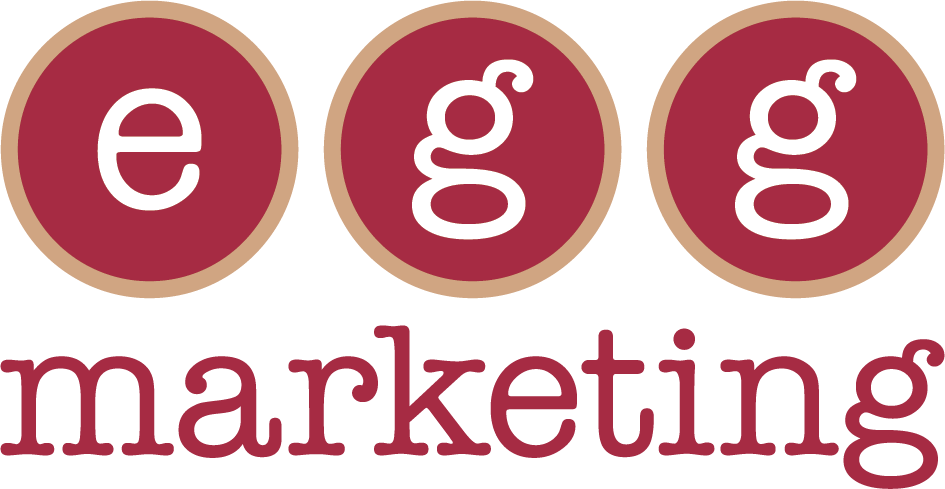
5 Surprising Things You Didn’t Know Could Help SEO
As a business owner, you probably have a basic understanding of how search engine optimization works. Perhaps you’ve got a plugin like Yoast to help steer you in the right direction, and understand the importance of incorporating keywords into your blog copy, title and meta tags, and image captions. However, there’s much more to on-page SEO than meets the eye.
Outbound Links In Your Blog
Believe it or not, linking is one of Google’s top three ranking factors. There are two types of links: inbound links and outbound links. Inbound links are links that point to your website from third party websites. Outbound links, or external links, are links that you put on your page that point to other websites.
Outbound links are so important because they increase relevance. Search engines learn a lot about what your pages are about based on what you’re linking to. When you provide backlinks to high authority pages, algorithms learn to trust your relevancy against the keywords you’re targeting. It can also help encourage backlinks from other bloggers, who may be more likely to return the favor if they notice you linking to their pages as well.
Facebook & Social Media
It’s fair to say that many marketers and business owners aren’t exactly sure what role SEO plays when it comes to social media. You may be asking yourself, does Facebook help SEO? The short answer is yes, but the long answer is a bit more complex.
“Although the digital marketing industry agrees that a strong social media presence can boost a website’s organic rankings, no one is sure exactly how much weight search engines give to the so-called ‘social signals,’” says SEO company OuterBox.
However, Facebook and other social media platforms can help you in more indirect ways. For instance, social media and link building go hand in hand, as as previously mentioned, link building plays a huge role in SEO. By strategically linking across your social campaigns, you increase your chances of discovery. Furthermore, increase exposure results in more people searching for your brand terms, which helps Google understand your relevance within your industry.
Keeping An Eye on Your Competitors
Competitor research is important when it comes to SEO. With a thorough understanding of your competitors are reaching their coveted front page positions, you can reverse engineer that success. Understanding your competition also allows you to make smarter decisions about the keywords you’re targeting. If big brands are currently ranking for the keywords you’re trying to target, it could take years for your company to compete—and you may barely make a dent. By conducting research on your competition, you can learn more about keyword difficulty. Utilize online platforms like iSpionage and Spyfu to learn more about where your competitors’ customers are coming from, as well as where they’re going.
Guest Blogging
Guest blogging is one of the strongest ways to improve your inbound link strategy. Guest blogging involves writing for other blogs in exchange for a link. Typically, the link is at the bottom of the article in an author bio, but depending on the publication, they may allow you to promote your business’s link within the copy.
Guest blogging is great for a variety of reasons. Not only does it yield more inbound links, but it also helps you drive more traffic to your landing page, build authority in your niche, and can even make it easier for you build relationships with other thought leaders and bloggers, which can ultimately lead to more opportunities for you.
Making Your Titles More Attractive
Believe it or not, changing your titles can have a substantial impact on ranking and conversions. Content marketing company Curate decided to experiment to see how changing one simple title would make a difference to one blog page metrics.
A page that was originally titled “Guerrilla Marketing: 20+ Examples & Strategies to Stand Out” was changed to “20+ Jaw-Dropping Guerrilla Marketing Examples & Strategies.” No other elements of the copy or its keywords were changed. Originally, the page ranked eighth in search engine results pages, and had a 1% CTR. After the simple title change, it moved its position to fifth, and the CTR increased to 4.2%. Organic traffic to the page also increased by 112% over the next five months.
This is a great experiment and example to demonstrate how sometimes, it’s the simple changes that can make major differences. Conduct an inventory audit, scanning through your headlines and paying particular attention to what can be altered.
Image: Pixabay
Author Bio:
Charles Dearing has a keen interest in the challenges, the nature of the world of marketing. That makes him a successful blogger and contributor to various marketing and business blogs. He is a content marketing specialist and social media manager as well.


